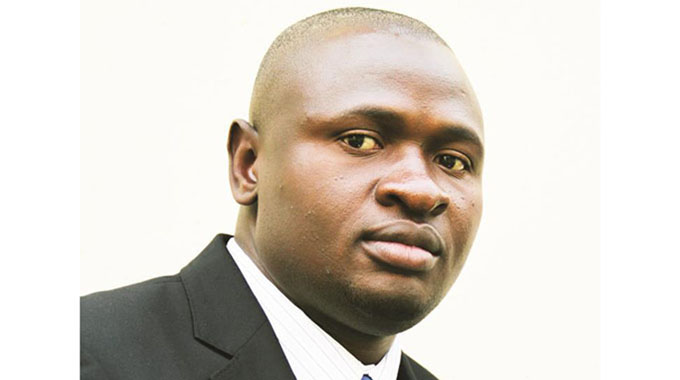France Telecom goes on trial over wave of suicides

PARIS. – A decade after a wave of suicides at France Telecom in which 35 employees took their own lives, the telecoms giant and its former CEO went on trial Monday for “moral harassment”.
The case will look at what was behind the deaths that occurred between 2008 and 2009, when Didier Lombard was at the helm of the company today called Orange.
The trial opens in a Paris criminal court, nearly seven years after Lombard and France Telecom itself were charged with harassment in what was a first in France.
Also in the dock on the same charge are the company’s former number two Louis-Pierre Wenes and the former head of human resources Olivier Barberot.
Four others face charges of complicity in a trial set to be closely followed by businesses, unions and workforce experts.
If convicted, they could face a year behind bars and a 15,000 euro (US$16,800) fine.
Expected to last more than two months, it could result in a conviction for institutional psychological harassment.
And France Telecom could be slapped with a 75,000 euro sanction if found guilty of “moral harassment”, defined as “frequently repeated acts whose aim or effect is the degradation of working conditions”.
Despite France’s labour laws, which are some of the strongest in the world, there have been increasing concerns about the consequences of pressures in the workplace, including depression, long-term illness, professional burnout and even suicide.
Unions and management accept that 35 France Telecom employees took their own lives between 2008 and 2009, and Lombard stepped down as a result of the deaths.

Former France Telecom chief executive Didier Lombard will appear at the Paris Tribunal during a four-day trial starting on Monday. – AFP
Formerly a public company, France Telecom was privatised in 2004, a move which led to major restructuring and job losses.
Prosecutors say the company and its chief executive at the time introduced a policy of unsettling employees in order to induce them to quit.
During the investigation, magistrates focused on the cases of 39 employees, 19 of whom killed themselves, 12 who tried to commit suicide and eight who suffered from acute depression or were signed off sick as a result of it.
In July 2008, a 51-year-old technician from Marseille killed himself, leaving a letter accusing the bosses of “management by terror”. Two months later, a 32-year-old woman jumped out of the window of her Paris office as horrified colleagues looked on.
Lombard, who served as chairman and chief executive from 2005 to 2010, also inflamed the situation with remarks that appeared extremely callous.
He admitted he had committed “an enormous gaffe” by speaking of a “suicide fad” at the company.
And in 2006, Lombard told staff in now notorious comments: “I’ll get people to leave one way or another, either through the window or the door.”
He resigned in March 2010.
“Management through social violence”
The investigating magistrates’ summary of charges, a copy of which was seen by AFP, accuses Lombard of putting in place “a corporate policy aimed at undermining the employees… by creating a professional climate which provoked anxiety”.
The moral harassment was “organised at the corporate level by its executives”, it said.
Sebastien Crozier, who heads the CFE-CGC labour union at Orange, said the trial was about the use of “social violence as a method of management”.
For Marie Peze, a psychologist who specialises in workplace distress, the trial raises one key question.
“In 2019, with suicides among farmers, police and nurses… what is the human cost of work?”
The trial marks the first time that representatives from a blue chip company in France’s CAC-40 index have gone on trial for moral harassment.
The defendants are on trial for institutionalised moral harassment, making the case different from previous such cases where there has been a direct link between defendant and victim.
Defence lawyers declined to comment but a source close to the case said France Telecom “does not deny the suffering of the staff but disputes that a policy was put in place to destabilise its teams”. – AFP










Comments